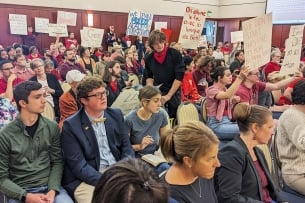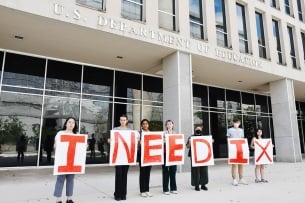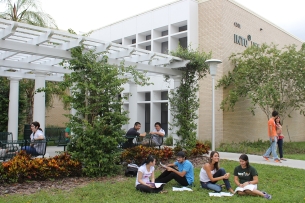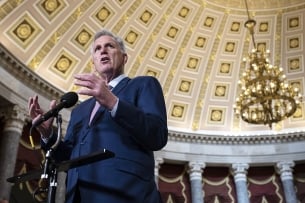Filter & Sort

Opinion
A Change of Control
New regulations take aim at self-dealing and other abuses in for-profit–to–not-for-profit conversions, Kyle Southern and Carolyn Fast write.
CFPB: Tuition Payment Plans Can Be Risky, Costly for Students
Tuition payment plans offered by colleges and universities should be thought of as a type of loan even if they...

West Virginia Students, Faculty Cry Out on Final Day Before Vote on Deep Cuts
At a raucous public comment session Thursday, the WVU Board of Governors heard final pleas to reject university administrators’ proposed cuts. But state politicians and university leaders aren’t expected to heed the protests.
Federalist Society Panel Mulls Legal Challenge to Biden’s Title IX Proposals
Could the Biden administration’s proposed regulations for Title IX of the Education Amendments of 1972 be subject to a strict...
Senate Democrats Question Idaho Plan to Buy University of Phoenix
The University of Idaho should think twice about acquiring the University of Phoenix, a group of U.S. Senate Democrats warned...

Students Press Biden Administration to Finalize New Title IX Rules
A delay in issuing the regulations likely means that Trump-era rules will stay in place for another academic year.

Florida System Adopts the Classic Learning Test
The State University System of Florida’s Board of Governors voted to accept the SAT alternative in state Republicans’ latest rebuke of academic norms.

With Budget Battles Looming in Congress, Prospects for Higher Ed Reforms Don’t Look Bright
A divided Congress and stark disagreements over spending spell trouble.
Pagination
Pagination
- 147
- /
- 436